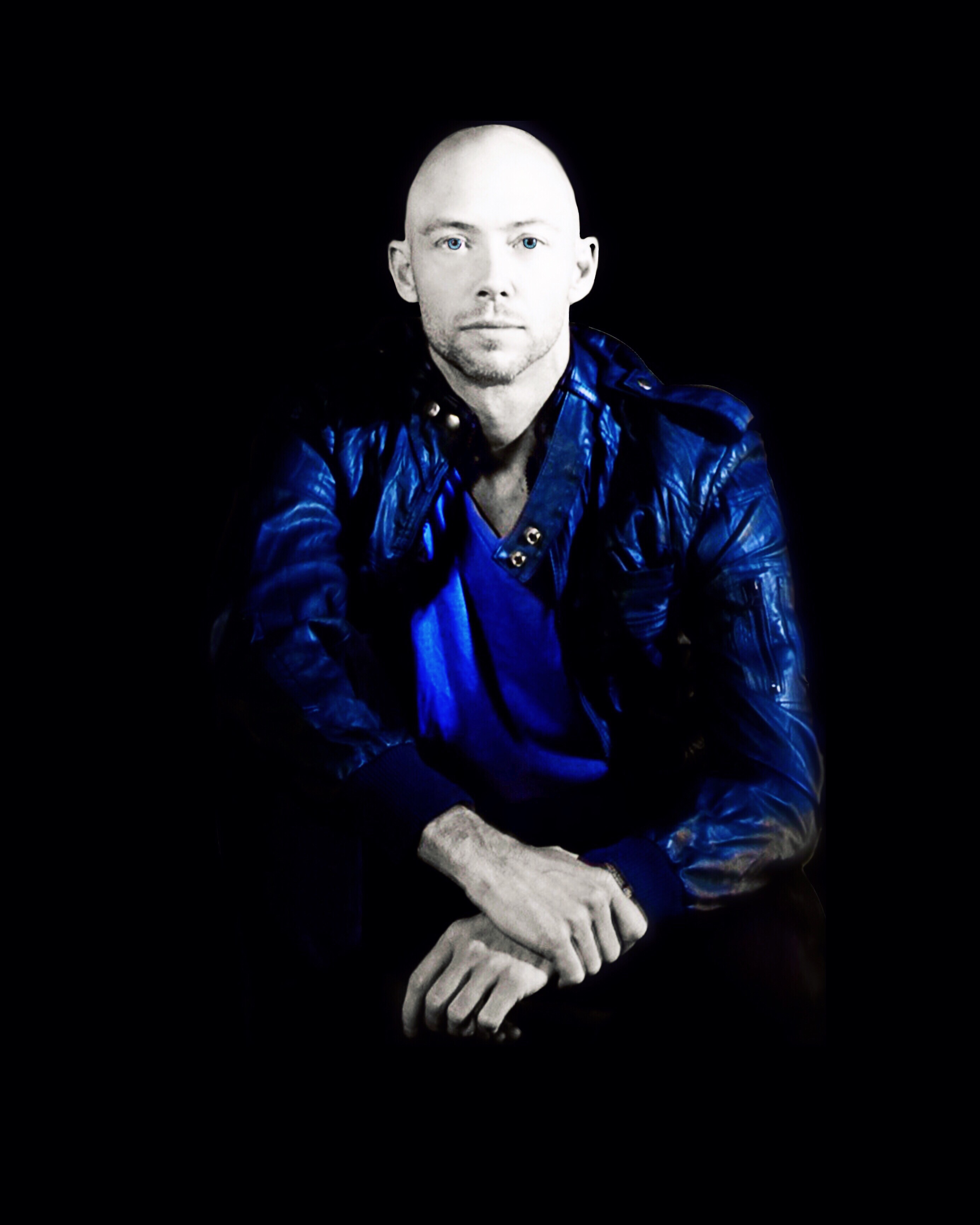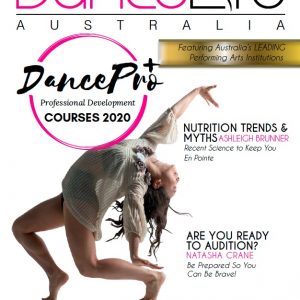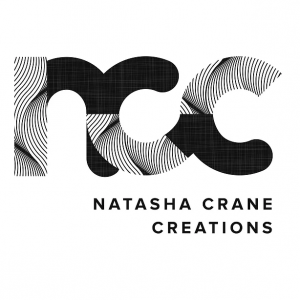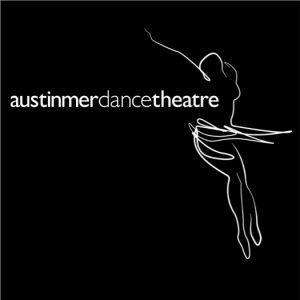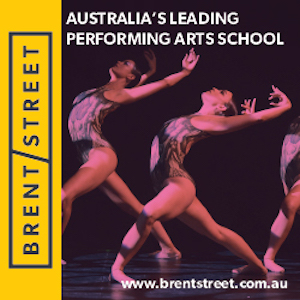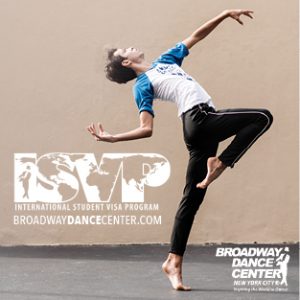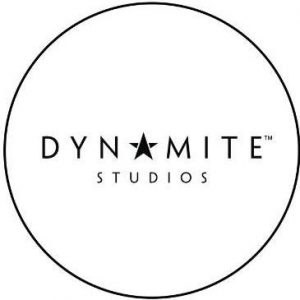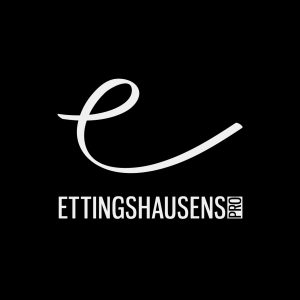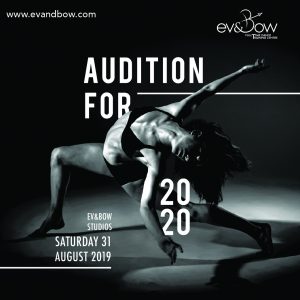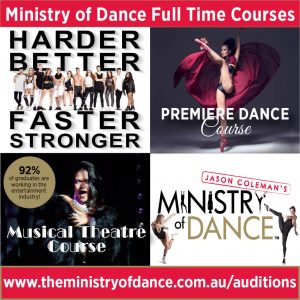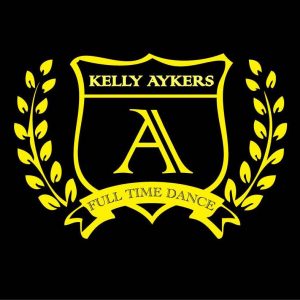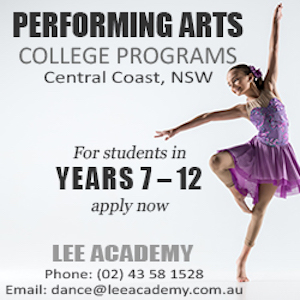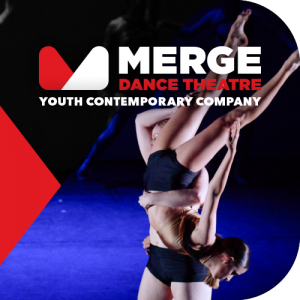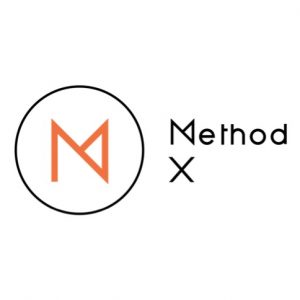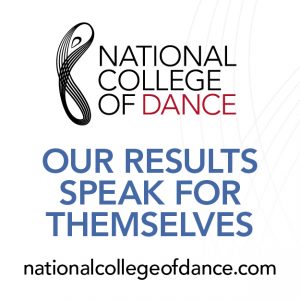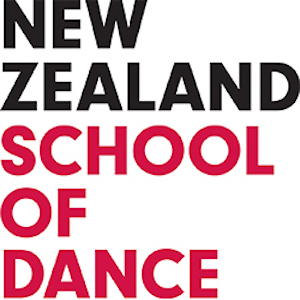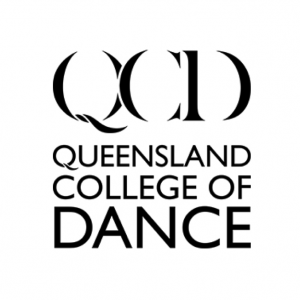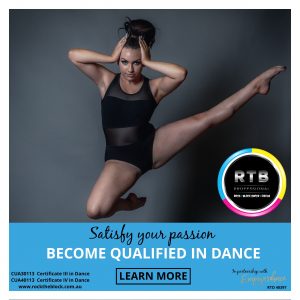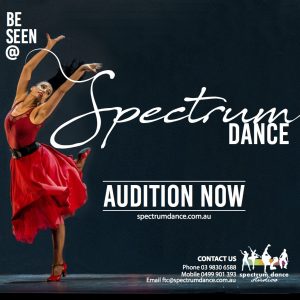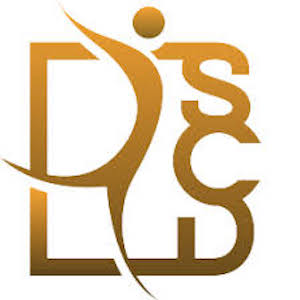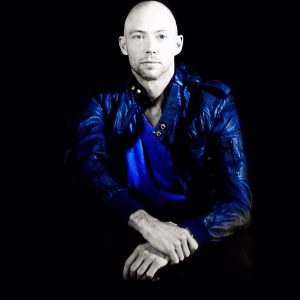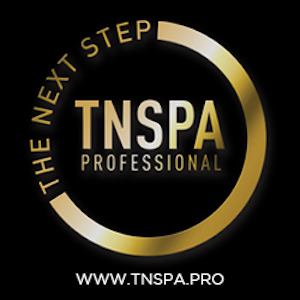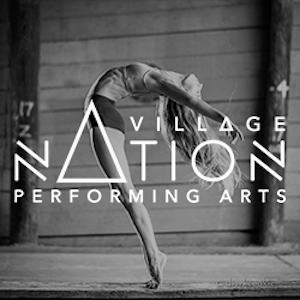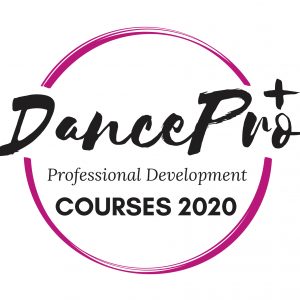Taking the Next Step
Advice and Insights on Preparing for a Career from Jason Winters
You may have been preparing and training your whole life for a career in the performing arts, or more recently discovered your passion and potential as an artist. Once the decision is made to pursue a performance career, the time will eventually come when a decision needs to be made about which is the next step right for you.
With so many options available to aspiring artists today – from traditional full time performances courses and pre-professional company placements to more academic approaches or even heading straight into auditions – this decision can be difficult to make.
However, it must be a personal choice. Respected dance creator Jason Winters has worked across all aspects of the industry, as a dancer, choreographer, teacher, creator and mentor and seen all the positives and negatives. Above all else though, he believes that taking the next step needs to develop the whole person and not just the skillset. He advises getting as much knowledge from mentors as possible, keeping a positive social support network, being mindful of new experiences and in the present while growing to be a unique artist.
“When it comes to working in the industry I think we learn best from those who came before us. So, the opportunity to get face-to-face mentoring and training and life skills from people who have worked as a performer is the most valuable way we learn how to do something, in any field, to be honest. Gaining a university degree is one approach, but when it comes to the performing arts there’s nothing better than learning hands on from someone who’s been there and done it,” said Jason.
Some young artists know exactly what their goal is, and can be specific about choosing their path. For example, a ballet dance may know exactly which school or company is right for them and focus entirely on getting placement. However, Jason sees the value in undertaking broader full time training for the majority of young performers, fresh from school, who probably do not yet know which direction they should take.
“That’s exactly how I look at full time courses… it’s for that young person saying ‘Hey, maybe I don’t know exactly where I want to go and I have a lot of different interests, so I’m going to get exposed to all different kinds of training and genres and ways of delivering different subjects’. So they can hopefully hone in on where they feel their path lies ahead. They may even get exposure to something that they never even knew that they were interested in, and that then dictates the path that they choose.
Pragmatically, Jason sees the value of doing two years performing arts full time as a bargain compared to four years at university!
So, after that full time experience, a performer may then decide to go to a more specialised place of training or experience. Of course, some already know their direction without having to undertake a broader full time course. Jason sees these more specific company experience as a chance for that company to impart its own aesthetic and processes on to a highly specialised type of performer.
“That means that young person has to know right then and there that is the only job they want. So, it’s very, very specialised. It’s highly focused, which is great for people who know that’s exactly what they want to be doing. But when you come through the other side of those programmes, and perhaps don’t get the job, I wonder how prepared they are for the rest of the industry?”
So how do you choosing the right school for you? Jason recommends the following be considered:
1) Research. With information readily available these days on every organisation, Jason suggests doing as much research as possible. Visit their websites, social media pages, and examine what every place has to offer.
2) Take Class. Then, go to the studio and have the actual physical experience of taking classes in the facility with the teachers and with the students. Because any programme that’s really worth its weight in salt will invite you to come and have the experience before you make a decision.
3) Career Mentoring. Look for programmes/courses that talk about preparing for a career on all levels. Today, students need to look at all aspects of the business from marketing themselves, creating music and videos edits, building their profile and connections to working with industry professionals. It’s not just dance training any more, it’s about life skills. Not everyone will end up on stage in the performing arts world.
4) Assess the Faculty. Look at who is on their faculty and decide whether those people will be able to mentor you as well. If you want to teach one day, is there someone who will help you be a great teacher? Help you market yourself? Help you make connections? Help you with administration and documentation? You want to come out of a program with many skills in your toolbelt, not just performing.
Once the decision has been made and you have been accepted into a program the hard work really begins. Undertaking full time training is taxing on the body, mind and wellbeing and, in this way, really is preparing the performer for a career in the arts. Aside from the obvious need for elite dancers to take care of their bodies through good nutrition and physical care, Jason likes to focus the spotlight on the social implications of starting full time training.
One way to prepare for daily life as a full time student is top build supportive social networks around you, and this should happen before day one. Despite some negative press, social media and dance competitions can be really positive ways for dancers to build their support network. “There’s such a positive side to social media and to our immediate access to other people and performers all around the world, and it’s the same with dance competitions! You may go for the experience of performing, but there is camaraderie and the ability to develop relationships and build connections with other people in the industry. It maybe with people of your same age, producers of the event, other teachers and studios … there’s great opportunities at dance comps for networking, building relationships and laying the groundwork for a supportive career.”
Stepping foot into the studio on day one as a full time student should be a joy believes Jason. “Don’t be nervous and or afraid, come in and be excited that you’re finally going to be able to do what you love all day long with people who share similar dreams as you.” Socially, Jason sees the experience of completing a full time course with a close-knit bunch of people as the perfect preparation for working in the professional world in terms of getting contractual jobs.
“When you get a job for a musical, or within a company, or on a ship, it’s a contractual job. And the full time experience is really good preparation for that, because you need to look at it like a family. You need to put time and energy into building those relationships. But like in a full time group or a family, everybody has a different dynamic and a different agenda. Some may become friends forever, and others may rub you the wrong way. And you learned from the experience on how best to relate to those people, because they are like a surrogate family.”
Having worked throughout the world, Jason points out that few people realise that the way performing arts training is structured in Australia is unique in the world! “Australia really has this cool market of full time experience that I have never seen anywhere else in the world. I think there are places now that have picked up on it, such as Broadway Dance Center doing their international student stints, but Australians are really the pioneers. If I was a student again, I would just be so thrilled that I know that every single aspect of the day somehow relates to my future career.”
“I really would try to be invested in each class as it’s happening and try to see how that class, no matter what the subject is, or who the teacher is, relates to my path as a performer. And so, if I was a student, with five classes a day sometimes, and it starts to get a bit overwhelming five days a week, week after week … I would be trying to be as present and in the moment as I can to see how each one of those classes relates to my career.”
From a teacher’s point of view though … as a mentor… I look at each day as the opportunity to open the mind of each student or to show them something they’ve never experienced either about themselves or the industry. And give them some sort of new inspiration every class that I have with that student, so that they walk away going, ‘Wow, I didn’t realise I had that in me,’ or ‘I never even knew that that was an option to me’. If that happens in every class, then that’s a pretty amazing year of training.”
Jason’s final piece of advice for students embarking on their professional development is to simply ‘be present’ and remain open-minded to learn as much as possible. He is a strong proponent of using mediation to help students focus their minds to help them not only get through the course really positively, be present in every single day and moment of the experience, and assist with recovery and rest. He recommends the long hours of students commuting as the perfect opportunity to practice meditation.
“I really have become passionate about sharing the many years of experience I have as a performer, but also that I continue to learn as I go through my own development and my own journey or seeking of new information because every time I learn something new, I’m excited to share that with the young people that I teach.”


